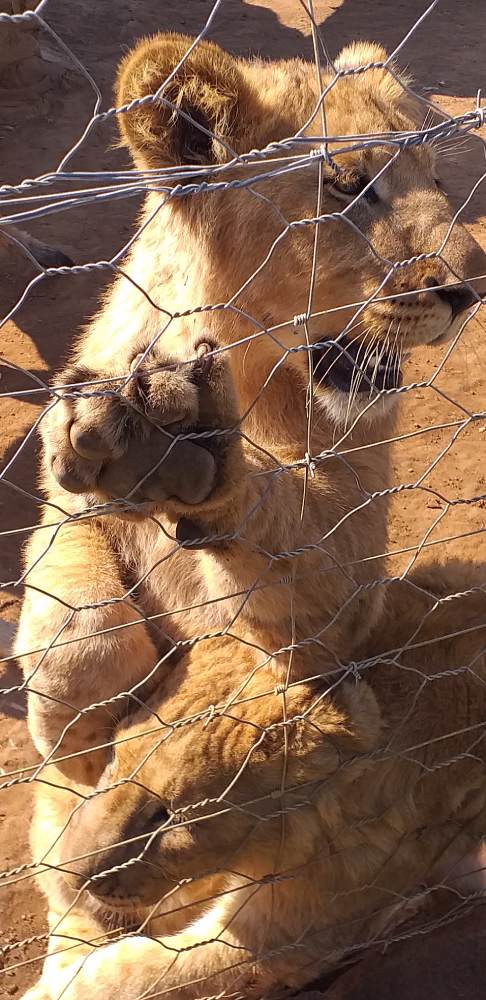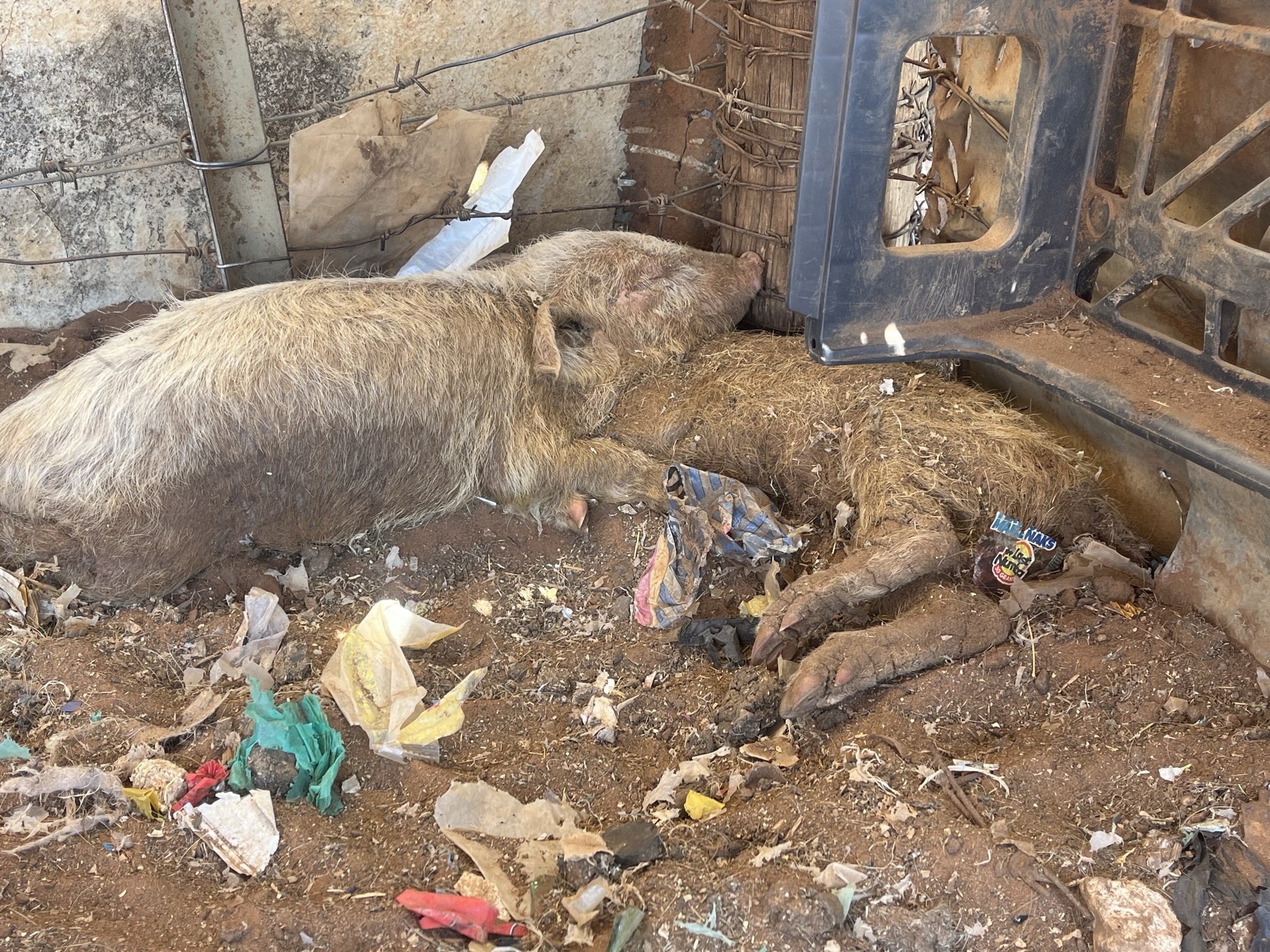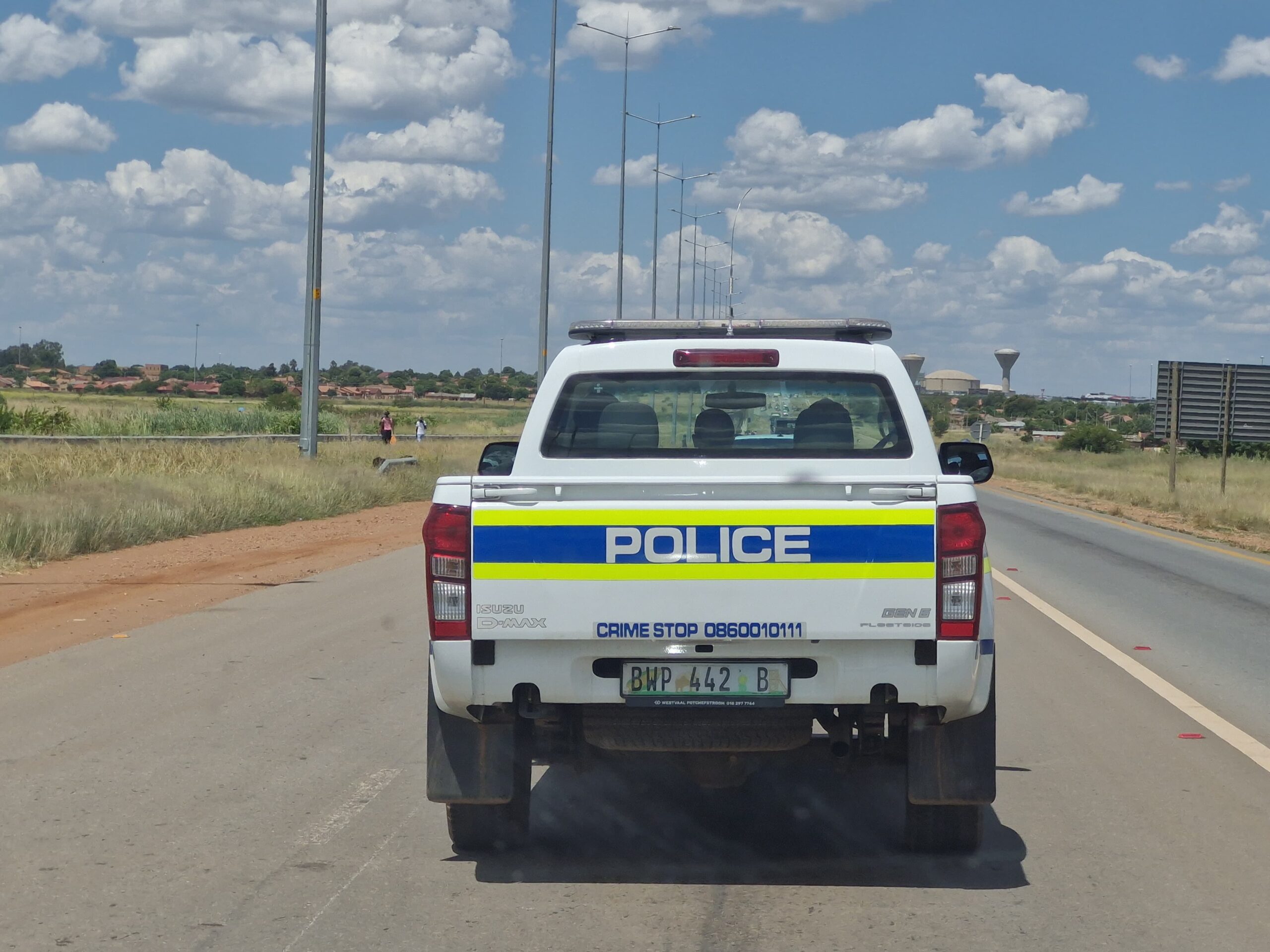From a Lobbying and Legislative Perspective
Since the time that canned hunting was exposed, the NSPCA has raised opposition to the captive lion industry in its entirety and have been serving in the interest of thousands of captive lions for two decades.
The NSPCA undertook litigation measures based on further implications and consequences on the formalisation of a lion bone export quota following CoP17 of CITES would give effect to, resulting in further commercialisation of the captive lion industry, whilst the ethical, conservation and animal welfare concerns remained excluded. The courts ruled in our favour, ultimately stating that animal welfare considerations must be taken into account when making conservation and wildlife use policy decisions, not just for lions, but all wildlife, including the environment they are dependent on for survival. See the lion bone court case ruling here.
The Minister of Forestry, Fisheries and the Environment, Ms Barbara Creecy, adopted a recommendation made by an appointed High-level Panel of Experts to ultimately bring an end to the captive lion industry. As an active stakeholder, the NSPCA submitted comments for the draft Policy Position on the Conservation and Ecologically Sustainable Use of Elephant, Lion, Leopard and Rhinoceros on the 28th of July 2021 to state our support for the captive lion industry to be outlawed.
The NSPCA was compelled to place pressure on the Department of Forestry, Fisheries and the Environment when queries were received about how industry players could leave the market. The captive lion industry is awash with red tape and exiting the industry with Threatened or Protected Species (TOPS) such as lion, is a challenge. Minister Creecy appointed a task team which is made up of experts across the spectrum to discuss voluntary exit strategies. The NSPCA wishes the team well with the difficult task ahead.
The NSPCA plays a critical role in the captive lion industry and continues to carry out inspections across the provinces of South Africa.
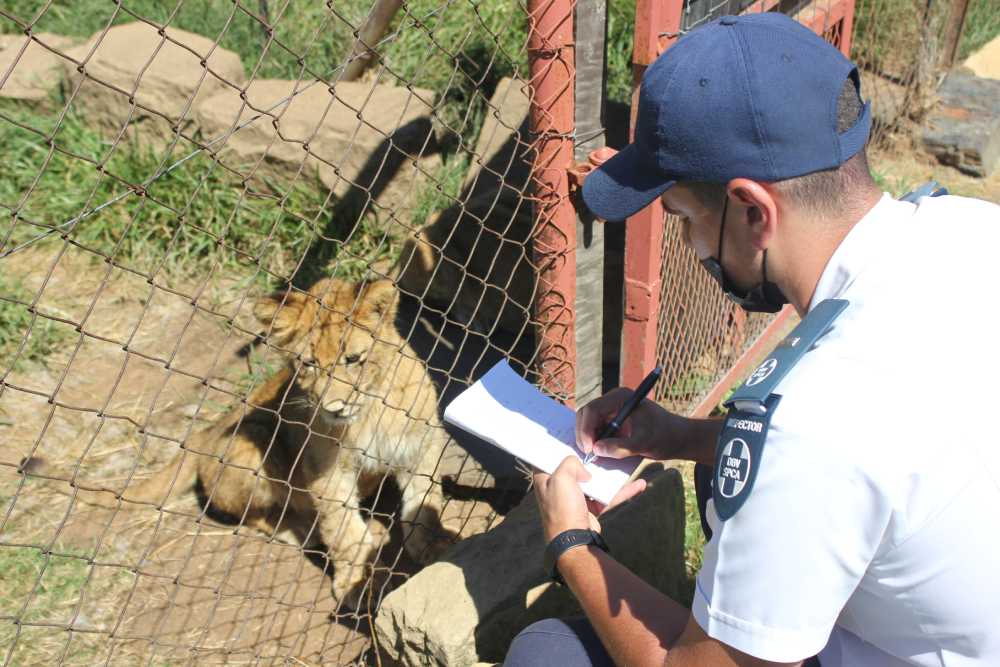
Closure of The Captive Lion Industry – Do The Benefits Outweigh The Risks?
The current trajectory proves that practices within the captive lion industry are irresponsible, inhumane, and unsustainable. The industry is a risk to wild lion population conservation and broader biodiversity conservation efforts. In mitigating risks to wild lions, one cannot allow the practices of one industry to be detrimental to the larger biodiversity and ecotourism sector of South Africa. This needs to be looked at in a holistic manner by including all the threats wild lions face including use of bones and body parts, indiscriminate killing and human wildlife conflict and habitat loss. The solution is for all stakeholders, communities, and government to commit to the overall conservation of wild lions by increasing suitable habitat and thriving wild lion populations, instead of defending a commercialized captive lion industry.
From an Operational Perspective
The NSPCA’s Wildlife Protection Unit Inspectors investigate and inspect these facilities on an on-going basis to ensure the provisions in terms of the Animal Protection Act are not contravened. In the last 2 years, the NSPCA has laid criminal charges against 15 accused for alleged contraventions in terms of the Act. Inspections are ongoing on a reactive and proactive basis.
A Glimpse of Animal Welfare Concerns Found During Inspections
- Inadequate diets resulting in malnourished lions and health implications.
- Lack of, and unhygienic water provision.
- Lack of adequate veterinary treatment for sick, injured or otherwise compromised animals.
- Various health problems ranging from deformities, neurological conditions, mange, tick infestations, fly strike, open wounds, broken canines, and limping and severe signs of discomfort left untreated.
- Various unhygienic issues from the living conditions within the captive environments to food preparation and storage.
- Animals kept in small enclosures, including keeping too many animals in one enclosure resulting in overcrowding and behavioral issues such as bullying, death or severe injuries.
- Lack of any shelter or where shelter is provided, it is a state of disrepair, providing no or insufficient protection against the elements.
- Lack of sufficient environment enrichment, exposure to barren enclosures and no stimuli provided.
Learn more about animal welfare issues found during inspections here.
The Life Cycle of Captive Bred Lions
The commercial nature of the industry is entrenched within a profit-and-production based model that exploits these animals at every stage of their lives:
- Lions are intensively bred, cubs are removed from the mother and used, purchased, or rented for human interaction.
- Once too big they are used in lion walk excursions before being sold for further exhibition and breeding purposes or even for captive lion hunts.
- Their body parts are sold directly or indirectly into the global lion bone trade to be used in products of no medicinal value.
- The industry also includes lions used for filming and photographic purposes, including live exports.
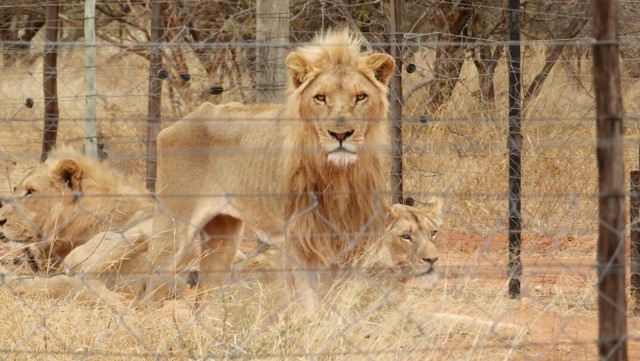
Value of The Captive Lion Industry
The captive lion industry:
- Threatens South Africa’s reputation as a tourism destination and a leader in the conservation of wildlife.
- Threatens the safety of workers and tourists, including serious zoonotic disease transmission risks. (References: World Animal Protection; Blood Lion NPC )
- Does not represent ecological sustainable use.
- Does not contribute to the conservation of wild lions.
- The conservation value of captive lion breeding is zero.
- The trade in lion derivatives poses major risks to stimulating illegal trade, including through the laundering of poached parts.
- The housing of wild or captive-bred lions is perceived as the domestication of this iconic species.
Related Articles and News
Published on 17 February 2026 by the NSPCA
Published on 10 February 2026 by the NSPCA

